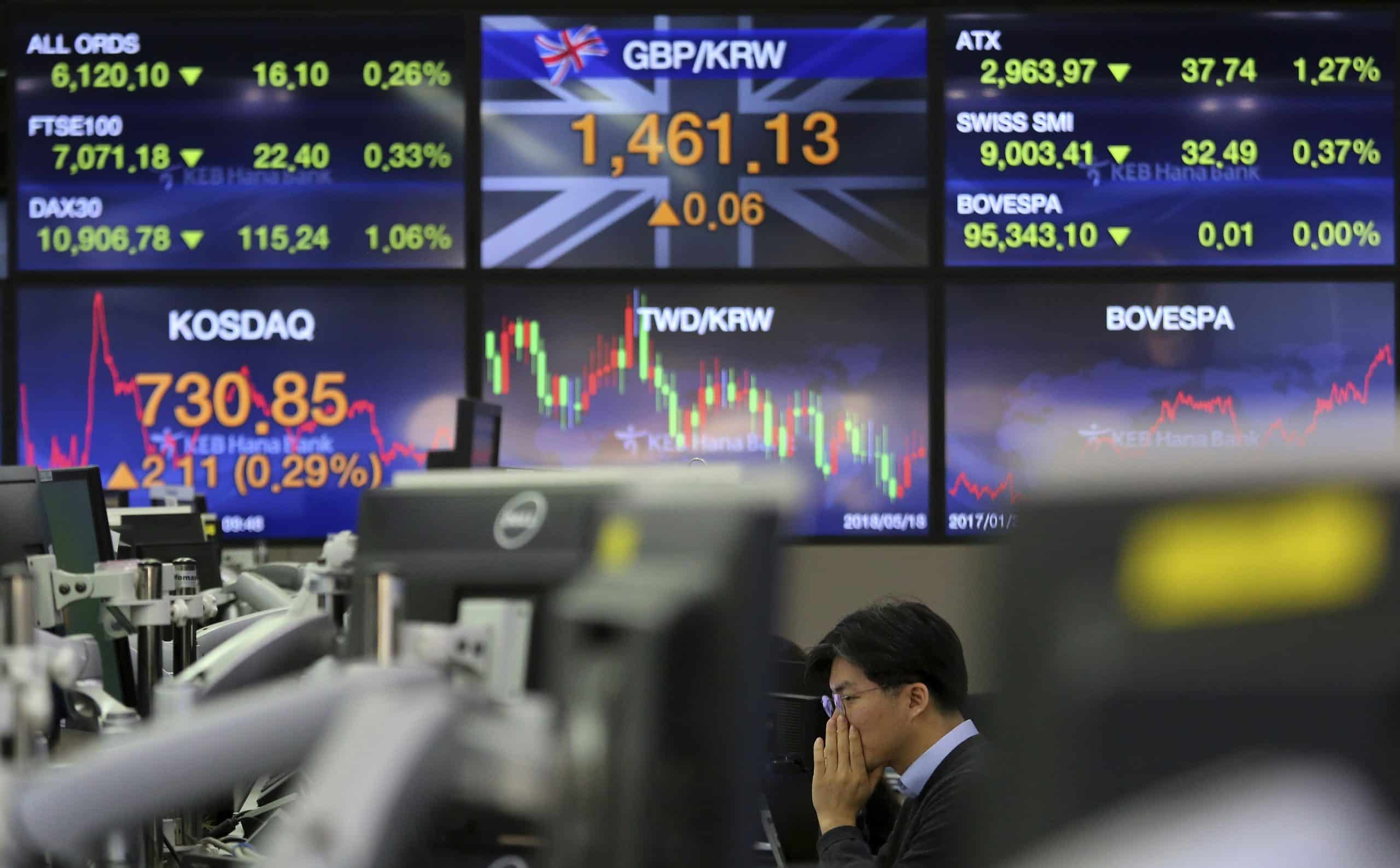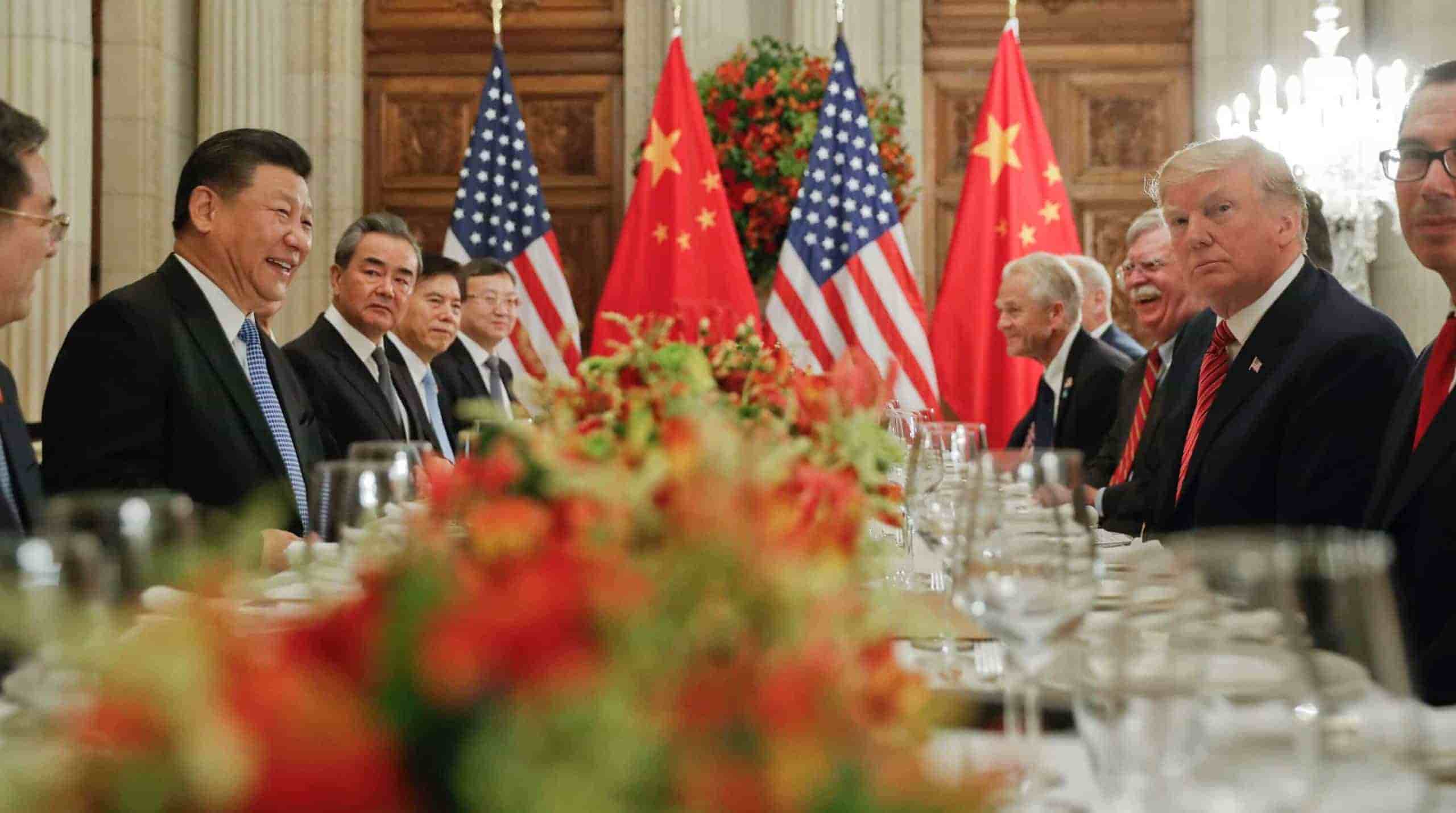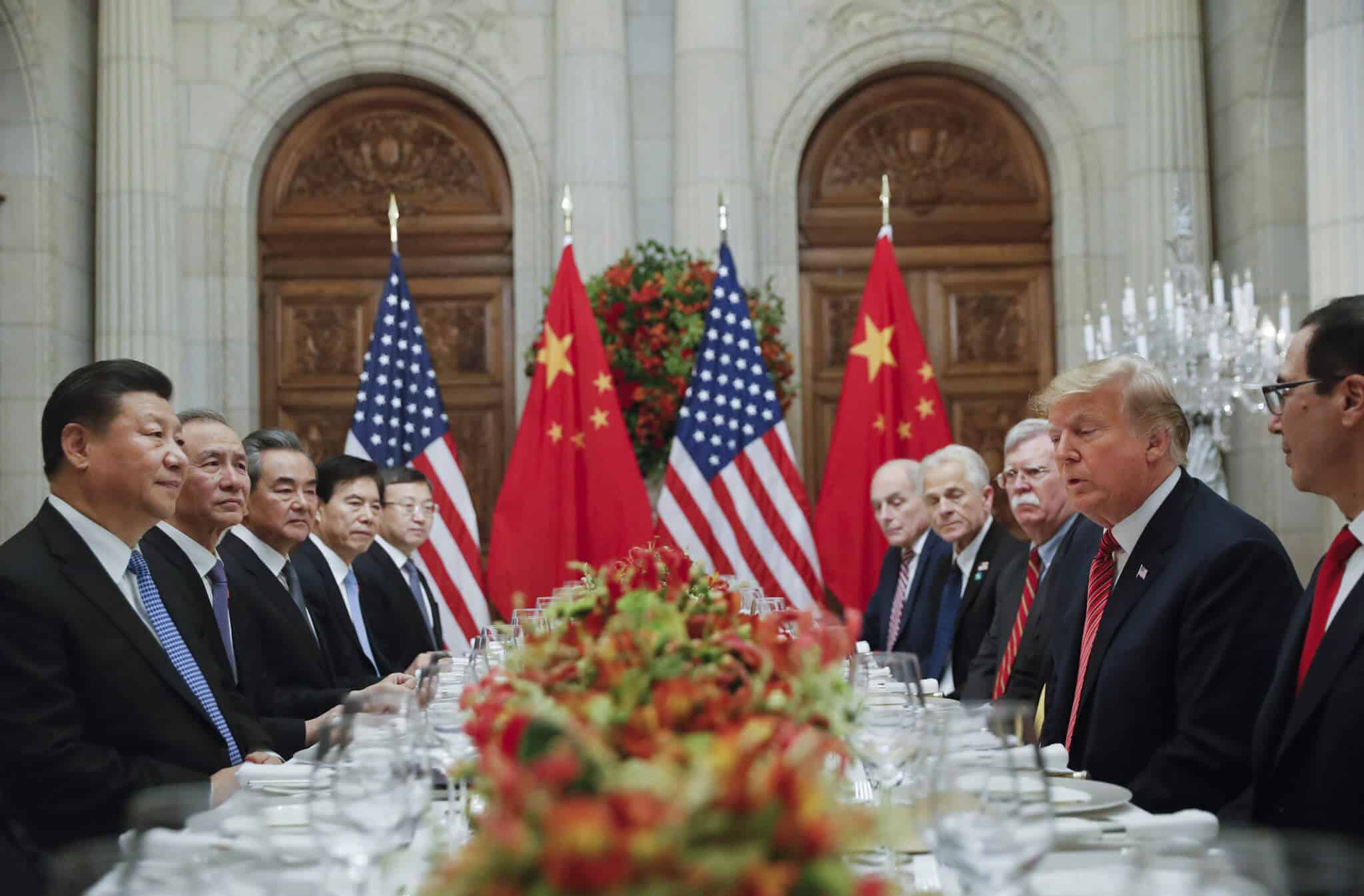The United Kingdom and the United States entered in an agreement on Monday for a long-term pact to ensure that the $2 trillion a day transatlantic derivatives market remains uninterrupted by Brexit. The transactions in London and New York account for 80% of all global off-exchange trade contracts.
Derivatives are extensively utilized by companies to protect themselves against unexpected fluctuations in borrowing costs, currencies or raw material prices. However, at present, derivatives trading in the UK confirms no rules written by the European Union, which is set to exit on March 29. Bank of England Governor, Mark Carney told reporters on Monday that the derivative traders in the market can be confident that the trading between the UK and the US will not be affected even by a no-deal Brexit, and the high standards will continue to prevail.
Christopher Giancarlo, Chairman of the US Commodity Futures Trading Commission (CFTC), stated that the agreement highlights London’s status as a global financial center for a long time to come. Measures announced on Monday by the CFTC, the UK Financial Conduct Authority and the Bank of England were aimed at reassuring markets that derivatives will not be affected even if there is a “hard” Brexit. He also added that the London derivatives market could not be readily replicated anywhere else.
Giancarlo assured that these measures provide a “bridge over Brexit” through a sustainable regulatory framework which the booming transatlantic derivatives market may continue and endure. He said that the steps taken are to ensure continuity, and will be implemented regardless of the form of Brexit, and are taken from a long-term perspective. Time for Brexit is ticking away, with just a month to go, however, uncertainty over an exit with transition agreement continues to threaten with economic disruption.
The transatlantic deal makes room for both, trading and clearing of derivatives, by institutions like the London Stock Exchange’s LCH clearing arm, ICE and CME. Andrew Bailey, Chief Executive Officer of the UK’s Financial Conduct Authority, claimed that the agreement is an indication that they want economic cooperation to continue.
Head of the global derivatives industry body, ISDA, Scott O’Malia opined that the agreement between the US and the UK would ensure safe, efficient and uninterrupted functioning of the market.
The European Union, too, has taken steps to ensure cross-border derivatives clearing are not affected in a “no-deal Brexit” scenario, as London dominates clearing of euro-denominated interest rates swapping. However, it still needs to strike a long-term relationship. Police Chief of City of London financial district, Catherine McGuiness said it is extremely important that the EU regulators immediately address critical issues that might arise after a no-deal Brexit, like the continuity of derivative transactions.
Steps taken by the US are permanent covering derivative transactions, while those taken by the EU are temporary and cover only clearing. Meanwhile, EU regulators are framing stricter requirements for foreign clearing houses that want to cater EU customers by insisting it could tell them what to do in a crisis, a step which both UK and US are opposing. This is being considered as an attempt to coerce some derivative businesses to move in the EU.









